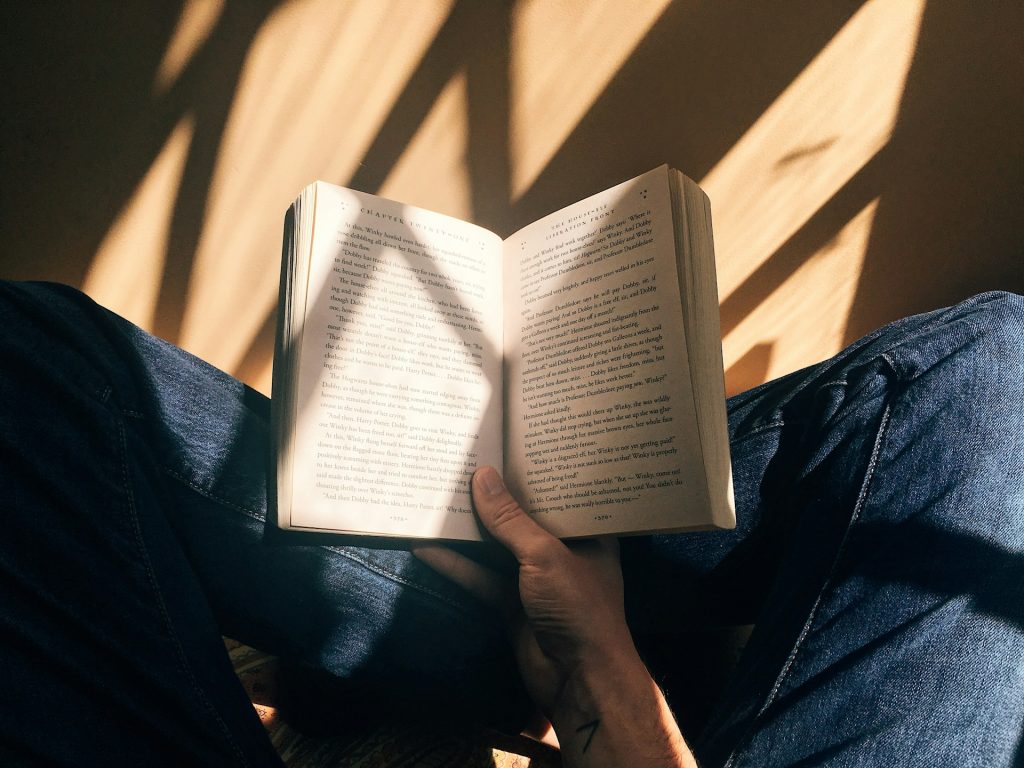Before I turned 25, I wasn’t sure who I wanted to be, where I belonged, or how to make sense of the world. Like many young people navigating their early twenties, I had moments of deep self-doubt, intense curiosity, and bursts of motivation. Along that journey, I found guides—not in people at first—but in books.
Some stories mirrored my confusion. Others opened doors to new worlds and showed me possibilities I didn’t know existed. The right book, at the right time, can be life-changing. Here are five books that shaped my worldview, inspired me to grow, and helped me become who I am today.
1. “The Alchemist” by Paulo Coelho
I first read The Alchemist when I was still in high school, but its true impact hit me in my early twenties. The story follows Santiago, a young shepherd who sets out on a journey to find treasure. Along the way, he meets mentors, faces setbacks, and learns to listen to his heart.
What struck me most was the idea that we each have a Personal Legend—our purpose in life—and that the universe conspires to help us achieve it if we listen closely.
Life Lesson:
“When you want something, all the universe conspires in helping you to achieve it.”
At 21, I was struggling with whether to follow a safe, predictable path or pursue something more uncertain but exciting. This book reminded me to trust my instincts, embrace the unknown, and take one step forward—even if I couldn’t see the full path yet.
Why You Should Read It:
If you’re feeling stuck or unsure about your purpose, The Alchemist will remind you of the magic of dreaming and the power of taking action.
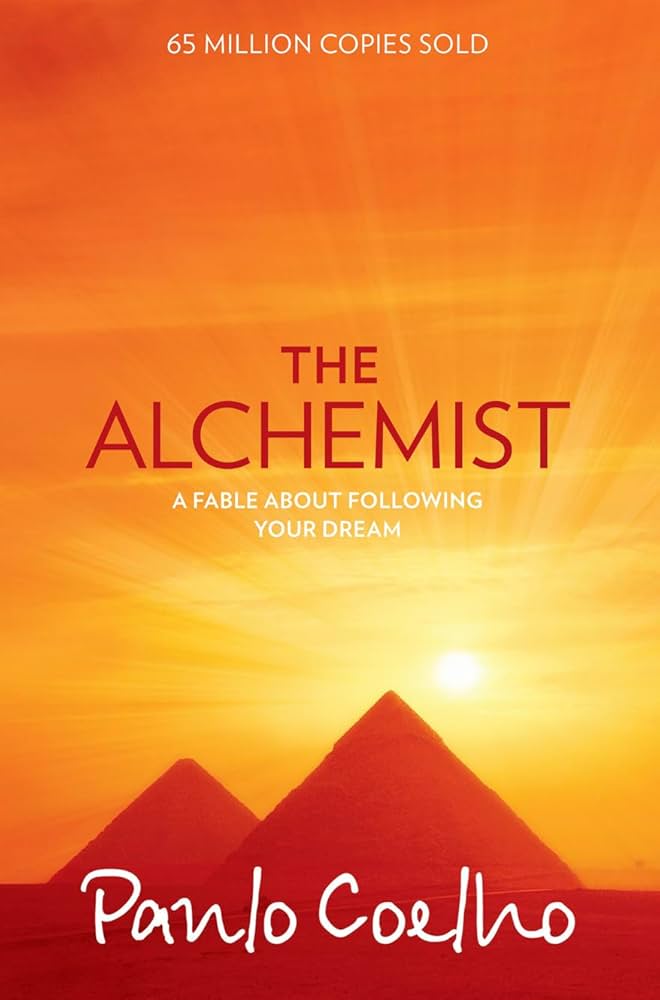
2. “Mindset” by Carol Dweck
In my early university days, I often felt like I wasn’t smart enough. I believed success came from talent, and that failure was a sign I didn’t have what it takes. Mindset completely shattered that belief.
Carol Dweck introduces the concept of fixed mindset vs growth mindset—the idea that intelligence and ability aren’t fixed traits, but skills we can develop with effort.
Life Lesson:
“Becoming is better than being.”
Reading this book helped me reframe my struggles. I stopped seeing failure as a personal flaw and started viewing it as feedback for growth. It changed how I approached school, relationships, and later, work.
Personal Reflection:
When I was a student in Vietnam, most of my teachers reinforced the idea that intelligence was fixed. But when I studied abroad in Canada, I met mentors who encouraged exploration and mistakes. Mindset gave words to what I experienced—it made me realize learning is a journey, not a destination.
Why You Should Read It:
If you’ve ever told yourself “I’m just not good at this,” Mindset will challenge you to think differently and grow stronger.
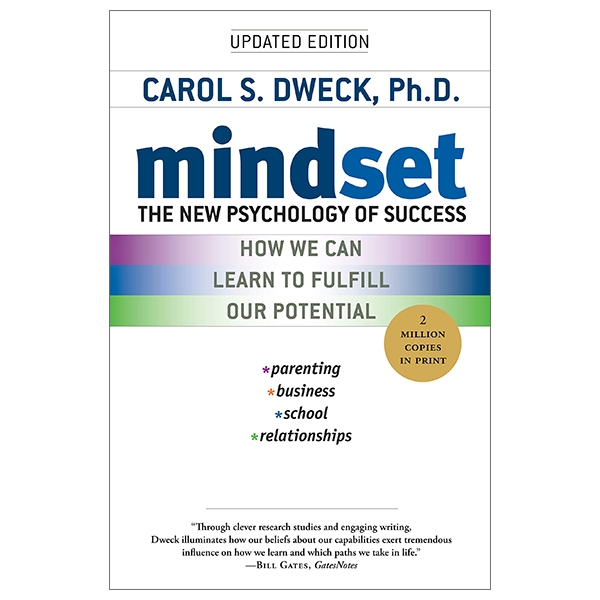
3. “Man’s Search for Meaning” by Viktor E. Frankl
This book isn’t easy to read—but it’s essential. Viktor Frankl was a Holocaust survivor and psychiatrist. In Man’s Search for Meaning, he shares his harrowing experience in Nazi concentration camps and the deep psychological insight he gained: even in the worst suffering, we can choose our response and find meaning.
In 2018, I went through a difficult breakup—mentally, emotionally, and physically drained. I felt lost, as if nothing I did mattered. Reading Frankl’s words reminded me that meaning isn’t found; it’s created.
Life Lesson:
“Those who have a why to live can bear almost any how.”
Frankl’s philosophy helped me shift from asking “Why is this happening to me?” to “What can I learn from this?” It gave me strength to endure challenges, and compassion for others going through their own.
Why You Should Read It:
If you’re navigating grief, uncertainty, or burnout, this book offers a profound reminder: you always have a choice in how you see and shape your life.
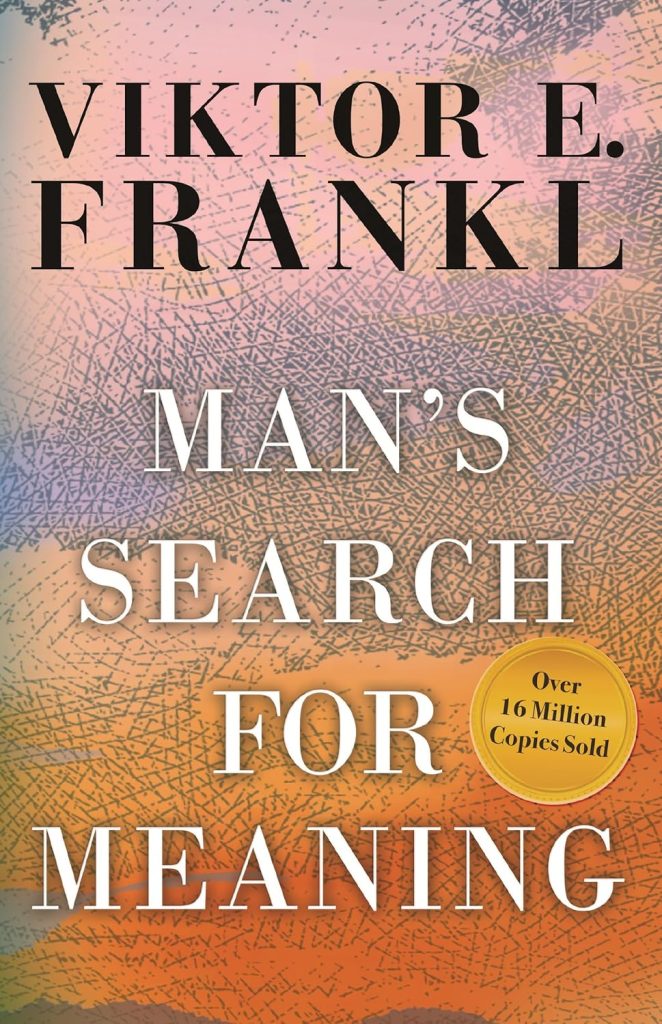
4. “The Talent Code: Unlocking the Secret of Skill in Sports, Art, Music, Math, and Just About Everything Else” by Daniel Coyle
This book quite literally changed how I view talent, hard work, and learning. Before reading The Talent Code, I believed that people were either born gifted or they weren’t. But Daniel Coyle breaks down the myth of natural talent and explains what really drives skill development: deep practice, ignition (motivation), and master coaching.
The science behind this book—specifically about myelin, the insulation that wraps around neural circuits to make them faster and stronger—fascinated me. It showed me that mastery is not about inborn genius, but about how we train.
Life Lesson:
“Small actions, repeated over time, transform us.”
Whether I was learning how to swim faster or trying to improve my writing, I started to apply the “deep practice” method—focusing intensely on mistakes, breaking skills into chunks, and working just outside my comfort zone. I started to appreciate the slow, sometimes boring grind that leads to real progress.
Personal Reflection:
As someone training for endurance sports and building a new career in sustainability, I’ve come back to this book again and again. It reminds me that nothing is truly out of reach—if you’re willing to train your brain the right way.
Why You Should Read It:
If you want to improve at anything—music, sports, business, public speaking—The Talent Code gives you the roadmap and motivation to get there.
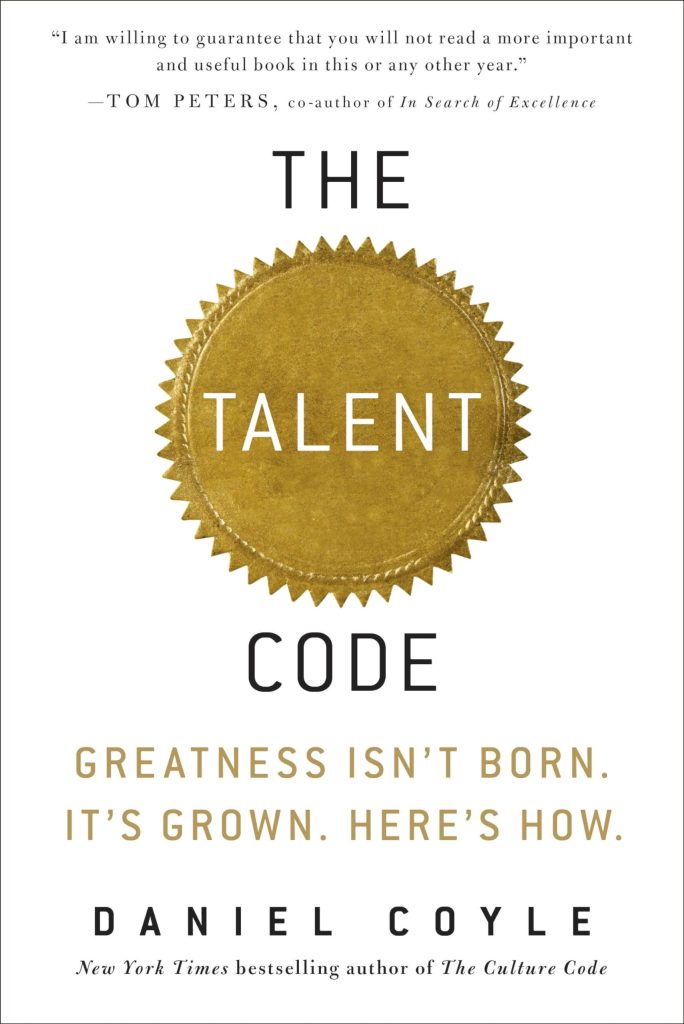
5. “The 7 Habits of Highly Effective People” by Stephen R. Covey
Unlike the other books on this list, 7 Habits is more structured and practical. But its lessons are timeless. Covey’s approach to self-leadership, time management, and interpersonal effectiveness gave me tools I still use every day.
The habits—like being proactive, beginning with the end in mind, and putting first things first—taught me that success isn’t just about hard work. It’s about intentional work.
Life Lesson:
“The main thing is to keep the main thing the main thing.”
In my early twenties, it was easy to get distracted—by people’s opinions, by social media, by busy work. This book helped me focus, plan, and prioritize. It reminded me to think long-term and act in alignment with my values.
Why You Should Read It:
If you feel overwhelmed, scattered, or unsure of how to lead yourself, 7 Habits offers a step-by-step framework to build clarity, confidence, and consistency.
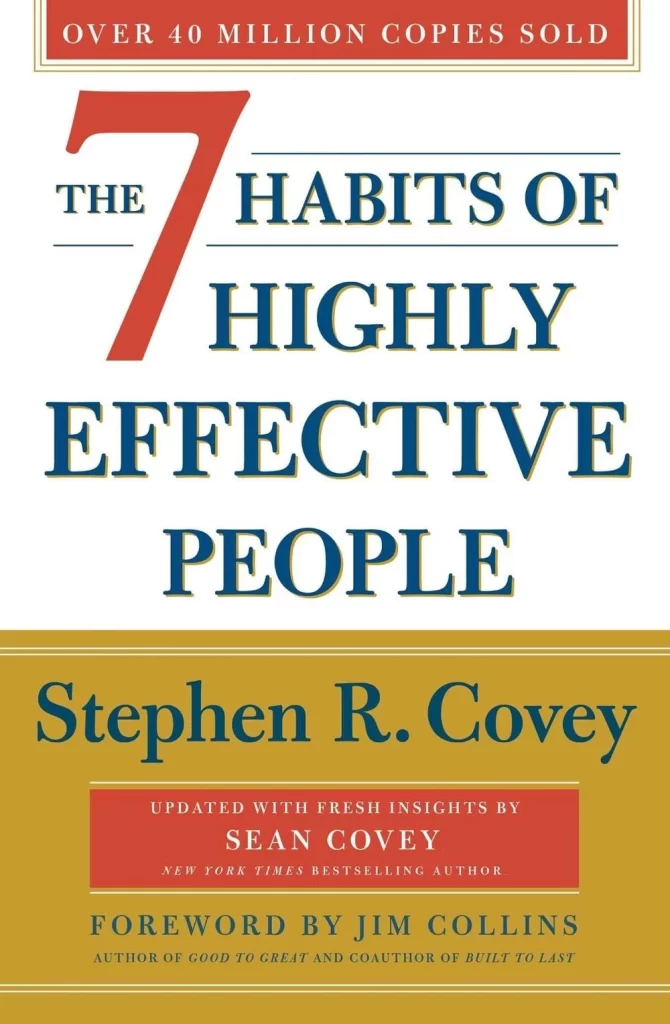
The Right Book at the Right Time
These five books transformed me.
They taught me to trust my path, embrace growth, find meaning, train with intention, and lead with purpose. They were like silent mentors, whispering guidance when I needed it most.
Your journey might look different. Maybe you’ll find inspiration in poetry, memoirs, or even fantasy novels. But the beauty of books is that they meet you exactly where you are—and help you move forward.
So whether you’re 18, 22, or 25, I hope one of these books will land in your hands at the right moment. And when it does, I hope it changes your life a little—or a lot.

